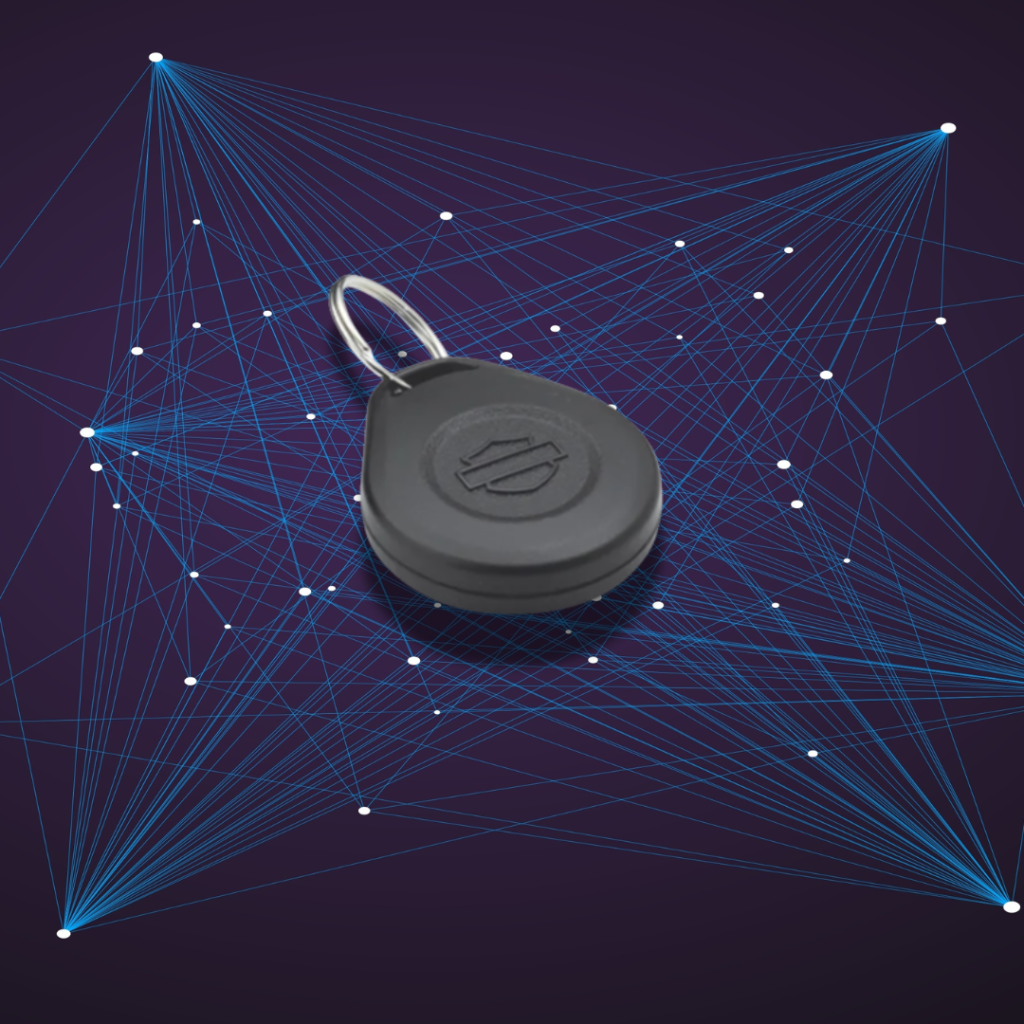It’s a common question for anyone living in a condo or apartment building: what is the life expectancy of a key fob? After all, your key fob is your everyday ticket to get into the building, parking garage, gym, or other shared facilities. Losing access — or worrying that your fob might suddenly stop working — can be a real headache.
The good news is that most apartment key fobs are surprisingly durable and built to last for many years. But, like anything, a few factors can impact their lifespan. Let’s break it down.
So, How Long Do Key Fobs Last?
If you’re using a typical apartment key fob — the small plastic device you tap at a reader to unlock doors — these generally use RFID technology, which means they do not rely on a battery. This alone gives them a long life expectancy, often well over 10 years, assuming normal use.
The main functional part of a key fob is a tiny RFID chip inside. As long as that chip isn’t damaged, the fob should continue to work reliably for years. Even if the plastic casing (or shell) gets scuffed or cracked, it doesn’t always affect the chip itself. But of course, the outer shell is meant to protect the delicate inside, so it’s still best to treat your fob with care.
Want to understand more about how fobs work? You can explore our dedicated articles:
Why Might a Fob Stop Working Before Its Time?
Even though fobs can last for many years, there are situations where they stop working:
Physical damage:
If the chip inside is crushed (for example, by being stepped on hard or slammed in a door), the fob won’t function, even if it looks intact from the outside.
Building system upgrades:
Sometimes, buildings update or reprogram their access control systems. When this happens, your old fob’s code may no longer match the new system, rendering the fob inactive. (We cover this more in our article on “How Fobs Work.”)
Poor handling or exposure:
Keeping your fob in harsh conditions (like extreme heat, water damage, or heavy impacts) can shorten its lifespan. For more tips on proper care, see “Where to Place / How to Take Care of Your RFID Tags.”
Why It’s Smart to Have a Backup Copy
Because fobs generally last so long, many people don’t think about getting a backup until it’s too late — like when their fob is lost, damaged, or stops working.
Having a spare copy ensures you’re never locked out or forced into expensive, last-minute solutions. At MiniFob and FobToronto, we can make duplicates from your working fob in just a few minutes. It’s a simple way to safeguard your access and avoid hassles down the line.
(You can always explore if your building allows backups by checking your condo rules or simply asking management.)
Final Thoughts: What is the life expectancy of a key fob?
So, what is the life expectancy of a key fob? In most cases, apartment RFID key fobs can last many years — sometimes over a decade — provided they’re treated well and your building hasn’t upgraded the access system. By taking care of your fob and considering a backup, you’ll stay prepared and avoid inconvenient surprises.
If you’re curious whether your fob is eligible for duplication, or want to know more about how we do it securely, you’re welcome to check out our site or reach out anytime.



Recent Comments